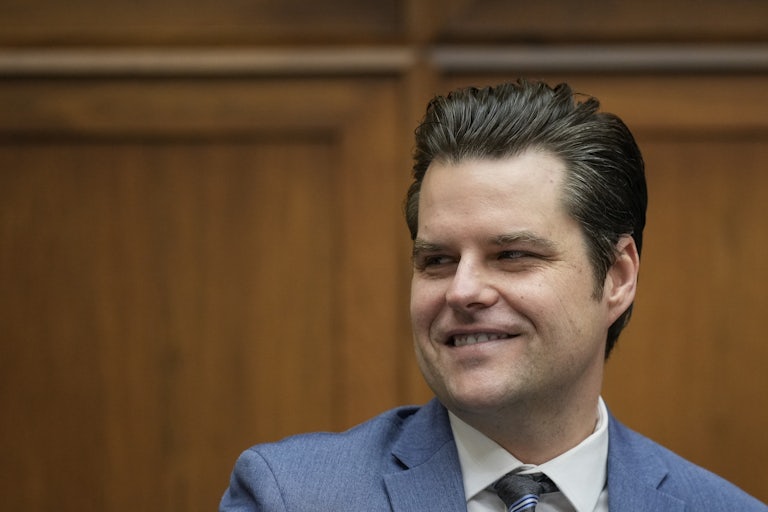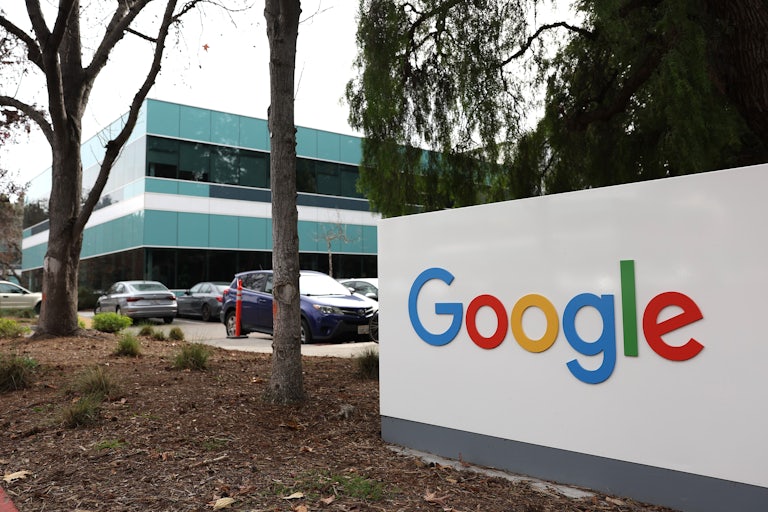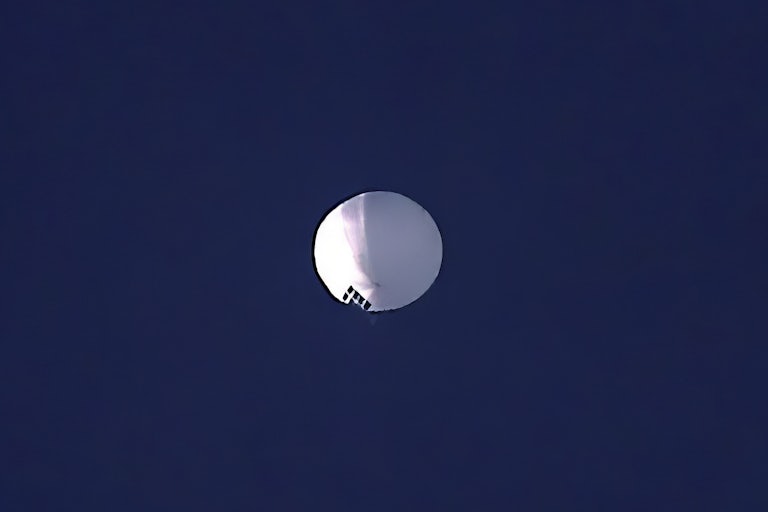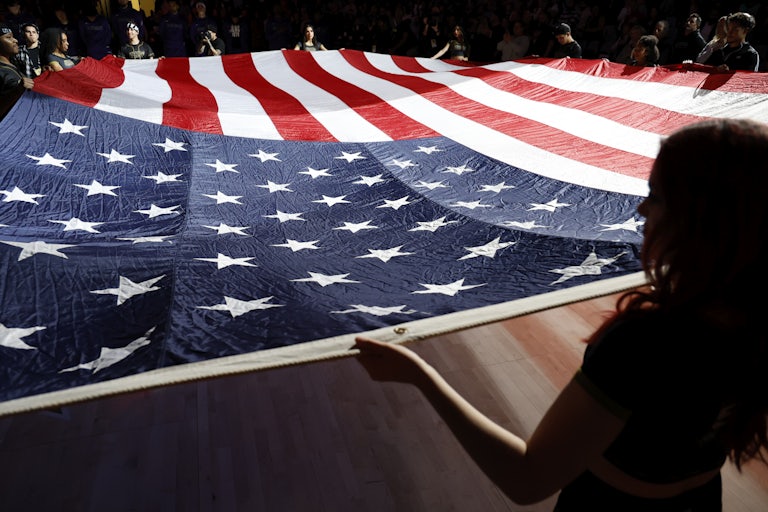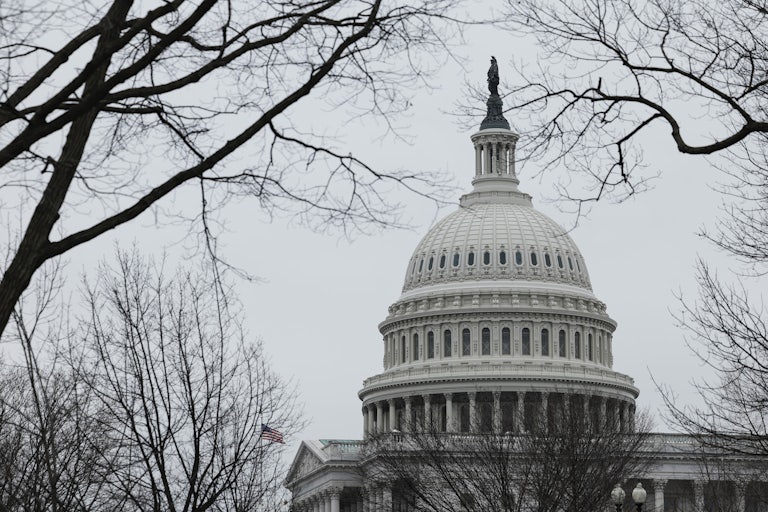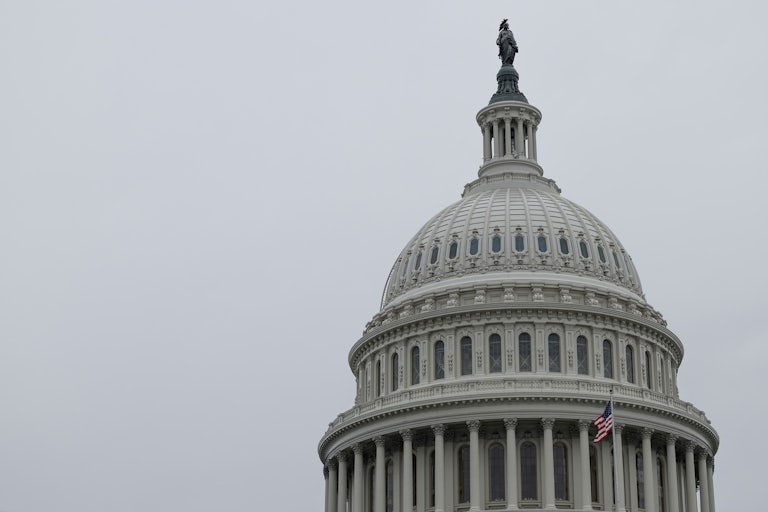Elon Musk Says Twitter Will Share Ad Revenue With People Who Pay Him
Musk announced that users will be able to share in some of the company’s ad revenue, but only if they subscribe to Twitter Blue.
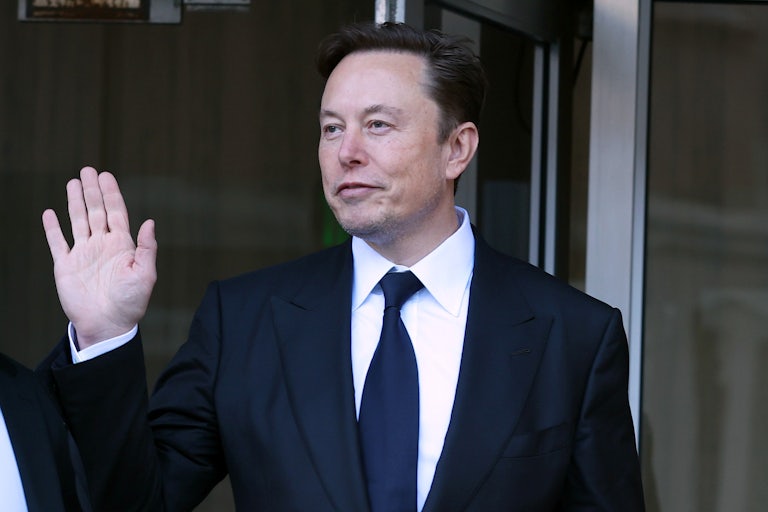
Elon Musk seems to be scrambling to make more money at Twitter, as the company this week unveiled a series of plans aimed to cut costs and increase ad revenue.
Musk announced Friday that Twitter will start showing ads in replies to tweets. If the original poster pays for the company’s controversial Twitter Blue subscription plan, they could share some of the ad revenue. Musk did not specify how much that share would be.
This decision came the day after Twitter announced it would get rid of its free application programming interface, or API, in favor of a “paid basic tier.” An API allows multiple separate computer systems to communicate. Twitter’s API, as explained by Wired, “allows third parties to retrieve and analyze public Twitter data, which can then be used to create programmable bots and separate applications that connect to the platform.”
Ad revenue must be down bad. https://t.co/okXgfBkQBA
— Eric Nakagawa ◘ (@ericnakagawa) February 2, 2023
Removing the free API would put a stop to bot-controlled accounts that share, say, hourly cute animal photos, but it would also end automated severe weather alerts, and throttle research and activism on the platform.
Musk also announced he would phase out Twitter’s “legacy Blue Verified” check marks. After the initial Twitter Blue rollout was flooded with disinformation, the company tried again in December with a series of color-coded checks to denote different statuses. Confusingly, both Twitter Blue subscribers and legacy verified accounts—significant accounts that had been verified pre-Musk—had blue checks.
All of these changes come just days after Twitter made its first interest payment on the $12.5 billion in debt that Musk took on when he bought the social media platform.
The Tesla CEO took the Twitter reins in late October for $44 billion, about a third of which he borrowed from a group of banks. Since taking over, he has aggressively slashed costs, including firing employees, auctioning off everything in Twitter’s San Francisco headquarters, and apparently just not paying rent.
But advertisers have also left the platform en masse, turned off by Musk’s lax approach to content moderation and apparent penchant for letting Nazis back online.
